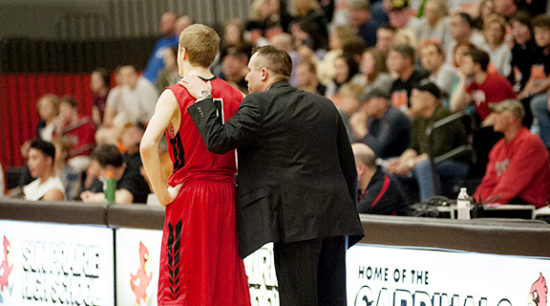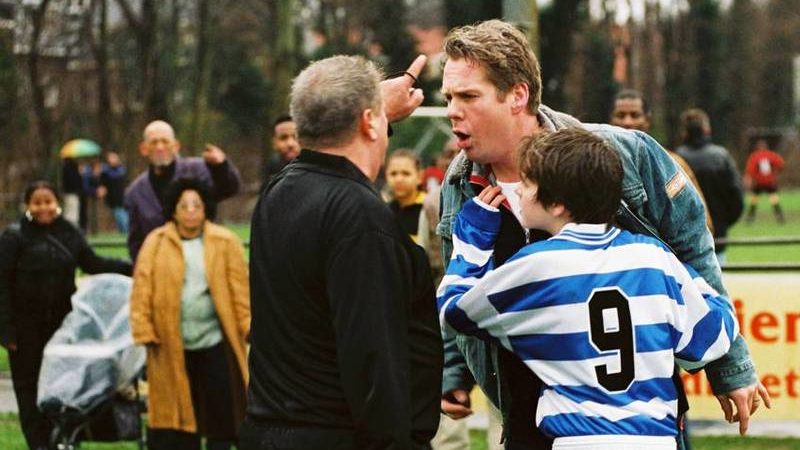6 steps to mastering tough conversations
Duke men’s basketball coach Mike Krzyzewski said, “Confrontation is simply meeting the truth head on.”
 Whether it’s with an employee, a colleague a spouse or one of your children, tough conversations are something all of us have to have, but none of us like to have. But true leaders know how vital it is to tell the people they care about the things they need to hear — not what they want to hear.
Whether it’s with an employee, a colleague a spouse or one of your children, tough conversations are something all of us have to have, but none of us like to have. But true leaders know how vital it is to tell the people they care about the things they need to hear — not what they want to hear.
Here is a six-step process for mastering tough conversations.
Step 1
- Create a safe environment (to build trust). This is an ongoing process.
- Real relationships take time — crock pot > microwave
- Time never makes tough conversations easier. So confront issues early
Step 2
- Confront issues and behavior, not people.
- Trust they can handle it, and don’t assume you know what their response will be.
- Never initiate when angry, frustrated or disappointed.
Step 3
- In person > phone > email > text.
- Be honest and direct, with respect and tact.
- Reduce innate barriers and defensiveness — “Can I bounce something off of you?,” “We need to discuss something important because I care about you,” “This feedback is to help you.”
Step 4
- Feelings are always valid, actions are not (understandable vs. acceptable).
- Emotion will always beat logic; disagree without being disagreeable.
- Never assign blame — I’m feeling > you make me feel.
Step 5
- Ask for their perspective and then listen. Do not interrupt, allow them to have a full response.
- Get clarity — “Can you please clarify your perspective?”
- Affirm/validate their feelings and intentions without judgment.
Step 6
- Thank them and acknowledge them for having the conversation.
- Take adequate time to process and let emotions settle — “Let me take time to process that.”
- Formally follow up to resolve and move forward.
Conducting tough conversations is a skill. And like any skill, it will improve with purposeful practice. So do your best not to avoid them; lean in and face them head on. That’s how they become easier over time.
Alan Stein, Jr. is speaker, author, and performance coach whose programs teach businesses and organizations how to develop championship-level performance, cohesion and accountability. Visit www.AlanSteinJr.com for more information.





